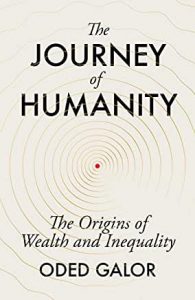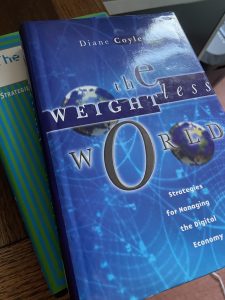Our new Perspectives title, Good To Go: Decarbonising Travel After the Pandemic by David Metz is out. It looks at how the pandemic has affected pre-existing trends in travel – not as much as optimists might have hoped, is his conclusion, although recognising that it is probably too early to know whether commuting patterns will change permanently. Nevertheless, improved neighbourhood planning and flexible working could capture some of the benefits of the pandemic years even if there is a significant reversion to the old normal.
However, One of David’s points is that people relish mobility, with faster travel always having translated into travel further. That means that tackling the contribution of transport to solving the climate challenge will need technological contributions. The book holds out some hope for electric vehicles and digital tools contributing to decarbonising transport. But as David points out, the system is complex, involving economics, demography, technology, policy and human behaviour. There is a lot of wishful thinking about how easy it will be to change. Complexity means (as so often in policy) there is no easy solution. The book outlines a range of investments and policy interventions that will be needed to decarbonise travel.
Good to Go? is a terrific addition to our Perspectives roster on transport: David’s previous book, Travel Fast or Smart?; Transport for Humans: Are we nearly there yet? by Pete Dyson and Rory Sutherland; and Are Trams Socialist? Why Britain Has No Transport Policy and Driverless Cars: On a Road to Nowhere by Christian Wolmar. They complement each other wonderfully – a great collection for transport nerds! As a special offer for readers of this blog, all five (£71 if bought individually) are available for £45 plus postage if you email sam@londonpublishingpartnership.co.uk.






